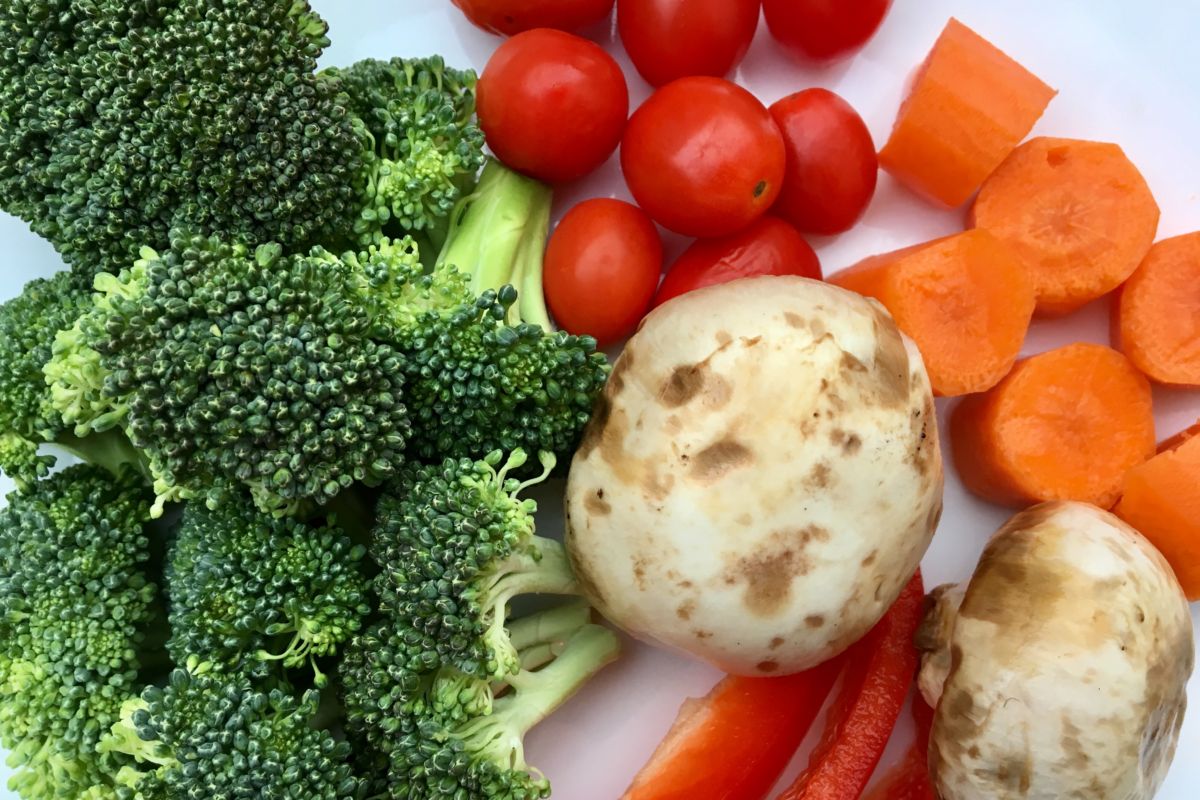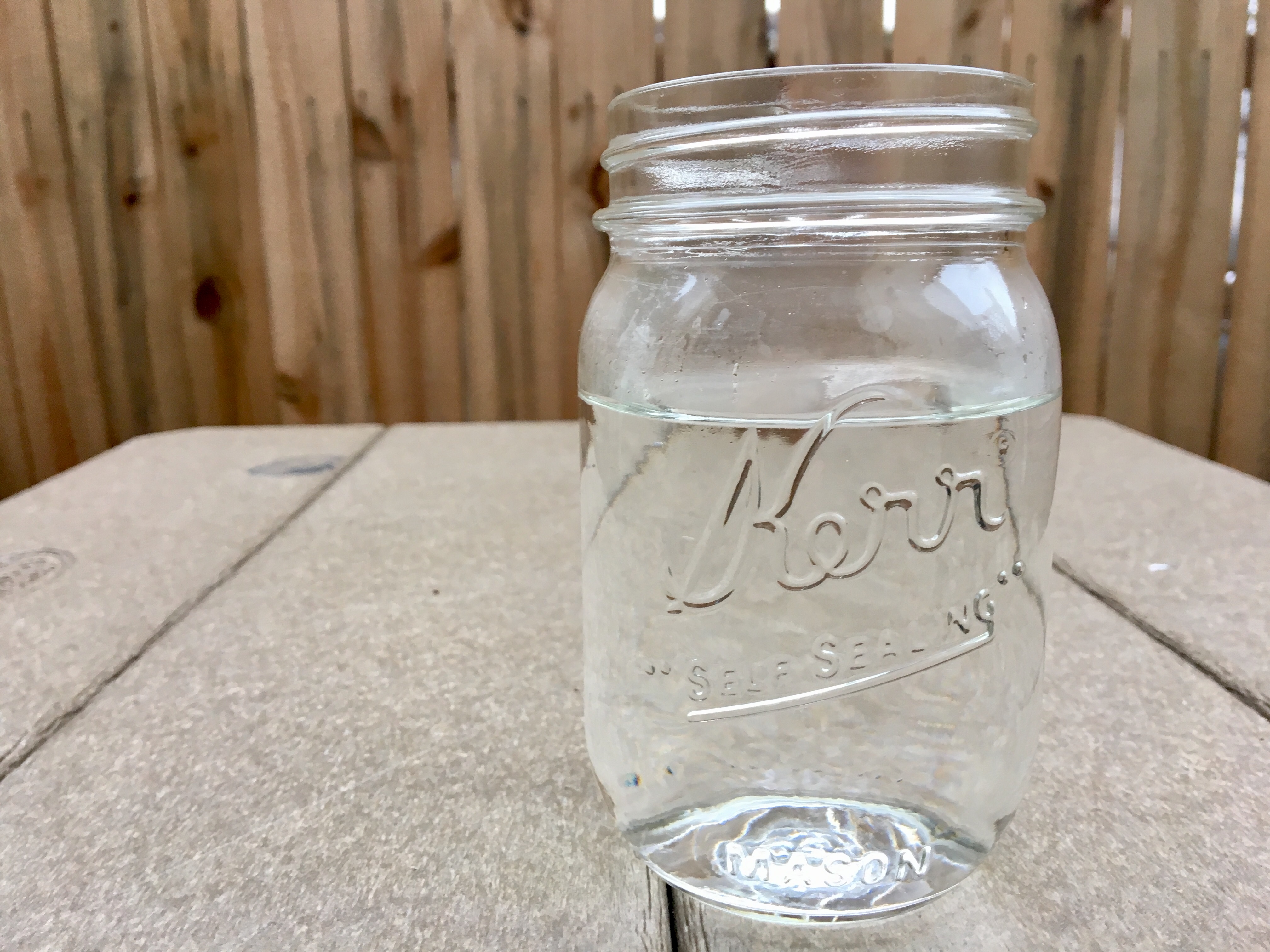BEEP! BEEP! BEEP! It’s 7 a.m. —your alarm goes off, you roll over and hit snooze. BEEP! BEEP! BEEP! It’s 7:15 a.m.—your alarm goes off again, you hit snooze…..
It’s 7:45 a.m. and you wake up in panic because your 8 a.m. class is across campus; there is no way you are going to make it on time. Quickly, you get dressed, brush your teeth, grab your backpack, and run out the door. You are 10 minutes late to your 8 a.m. class.
College is a balancing act— it is about learning how to juggle school, a social life, a job, extracurricular activities, an internship, and on top of all that maintain a healthy lifestyle. The key to success in college is adopting healthy habits and routines that alleviate stress, increase energy levels, support the immune system, improve concentration and academic performance (Nutrition). To stay healthier in college, follow these 6 steps on maintaining a balanced, healthy routine.
1. DO NOT skip breakfast
“Breakfast is the most important meal of the day.” It’s the oldest saying in the book, but there is truth behind it. A balanced breakfast will kick start your day and provide you with energy and essential nutrients you need . Research has shown that eating breakfast can help reduce fatigue, facilitate learning, and help students pay better attention in class (Breakfast, 2012). Additionally, starting the day with a balanced breakfast paves the path for the rest of your daily eating habits as you are more likely to make better, healthier food choices when you eat breakfast. Therefore, if you wake up at 7 a.m. or 2 p.m., it is still important to start your day off with breakfast.
Healthy breakfast options include:
- Grapefruit
- Oatmeal
- Avocado toast
- Eggs
- Yogurt
- Low sugar cereal
- Whole wheat toast
2. REMEMBER to drink plenty of WATER throughout the day
Water makes up 60% of the human body, therefore, it is important to continue to replenish your body throughout the day (Perlman, 2018). Many people, especially college students, forget to drink water during the day because they are constantly on the go. Try to take a water break every 30 minutes to make sure you are constantly hydrated. Drinking plenty of water during the day can also help boost concentration and prevent you from overeating because water will keep you feeling fuller longer. Try to drink at least 2 liters or a half gallon of water throughout the day; drinking plenty of water during the day will help to: provide more energy, maintain hydration and overall improve one’s health both inside and out (Perlman, 2018).
…..GRUMBLEEEE. Your face turns beet red as your stomach growls in the middle of class, and everyone turns to find out where that noise came from. It is now 2:30 p.m., and you realize that you have not eaten anything today. Nada. Zip. Zilch. You begin to hallucinate and imagine that your classmates are talking french fries. Patiently, you watch the clock, tick, tick, tick with each minute, time seems to be moving slower…
You are STARVING, By this point you have missed the professors’ entire lecture because you are so distracted by hunger and cannot concentrate. It’s 2:50 p.m. FINALLY! You sprint out of the classroom and immediately run to Sykes to Chick-fil-A. At this point, you do not have the time, the energy, or the patience to make a meal. You order a 12-piece chicken nugget, a large side of fries, a milkshake, and a sandwich to-go. You scarf down your meal in less than 10 minutes…
3. DO NOT skip meals
The biggest mistake made when you are trying to lose weight is to skip meals. However, it is actually better to eat multiple meals throughout the day to lose weight faster. Make sure you eat 3 balanced meals a day. It is important to maintain a certain amount of calories in a day and get the proper nutrients you need, to lose weight at a constant, healthy pace.
While it’s easy for college students to skip meals because of our busy, hectic schedules, students should make sure all three meals are worked into our jam packed days. A good tip to keep your meals on track is to meal prep in the beginning of the week. In doing this, each meal is already made and simply needs to be reheated. Not only does meal prepping save you time during the week, but it is also convenient for on-the-go meals and can prevent you from grabbing a quick bit at McDonald’s or Taco Bell instead. Moral of the story, do NOT skip meals because it actually contributes to the infamous ‘freshman fifteen.’
4. Keep healthy snacks around 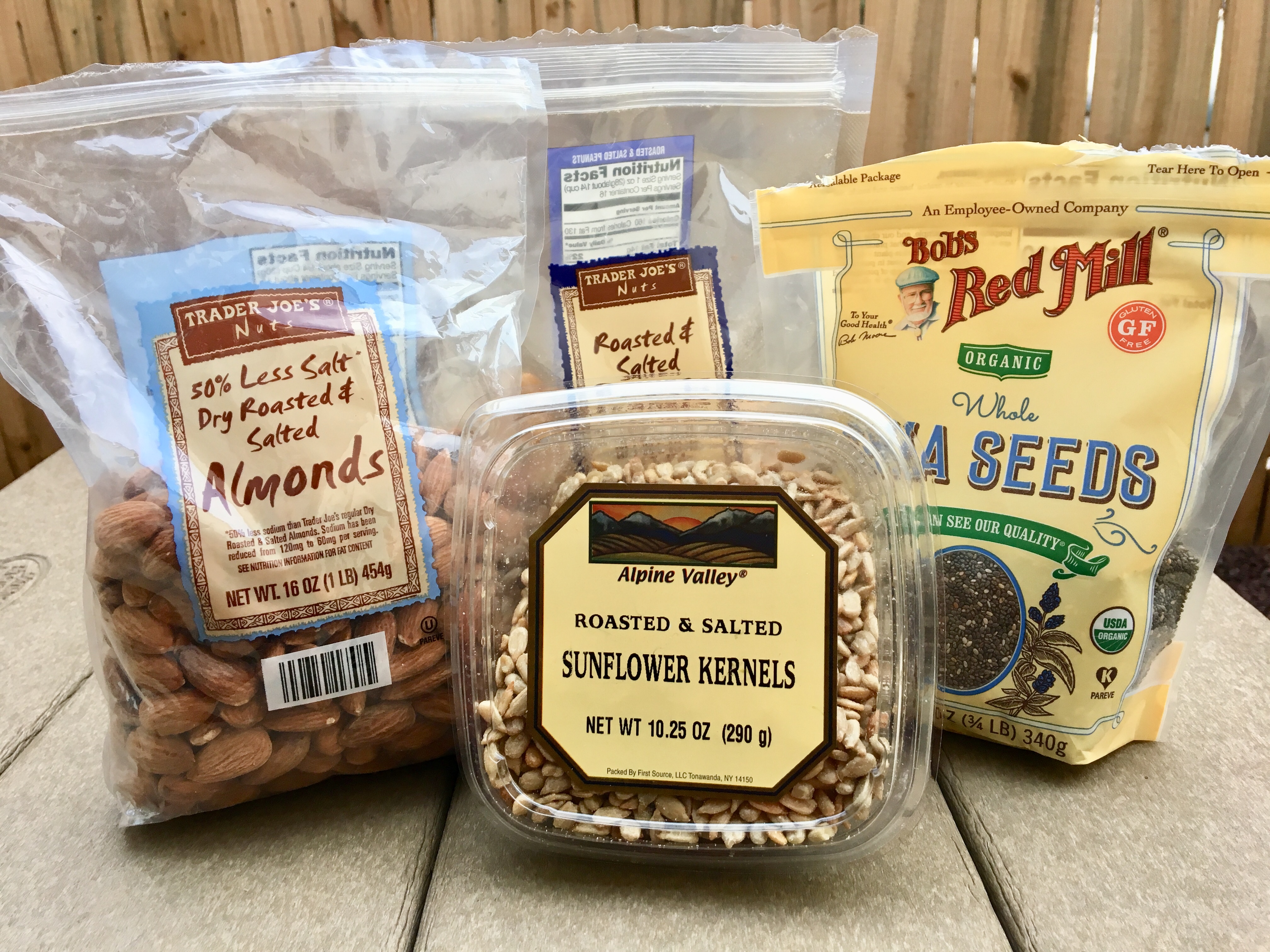
Keeping healthy snacks around in your dorm room or apartment helps to prevent you from reaching for a bag of the “-itos” i.e. Cheetos, Fritos, or Doritos. Instead stock up on quick bites such as:
- Carrot sticks
- Trail mix
- Dried fruit
- Mixed nuts
- Bananas, oranges, apples,
- Rice cakes
If you are having a hard time cutting out junk food ‘cold turkey,’ try to find an equivalent food that has more nutritional value. For example, when 3 p.m. rolls around and the mid-afternoon sweet tooth kicks in, instead of reaching for a bag of Skittles, substitute a healthy trail mix full of dried fruits such as raisins, craisins, and mangos. The sweetness of the dried fruit will satisfy your sweet tooth and provide you with essential vitamins and nutrients as opposed to artificially fruit flavored Skittles. Constantly having healthy snacks in arms reach will hold you accountable to maintain a healthy diet because you are not allowing yourself to pig out on junk food. attempt to keep your dorm and backpack stocked with healthy snacks. You never know when are going to get hit with a craving.
Now, it is 5 p.m. and your hunger returns. How can this be? You just ate a meal for two, less than two hours ago! Well, now what? The only thing in your dorm room are Poptarts, Cheetos, or Tastykakes. You decide to eat Poptarts because you figure they are strawberry flavored so that has to count for something, right? Wrong!
5. Remember to eat fruits and vegetables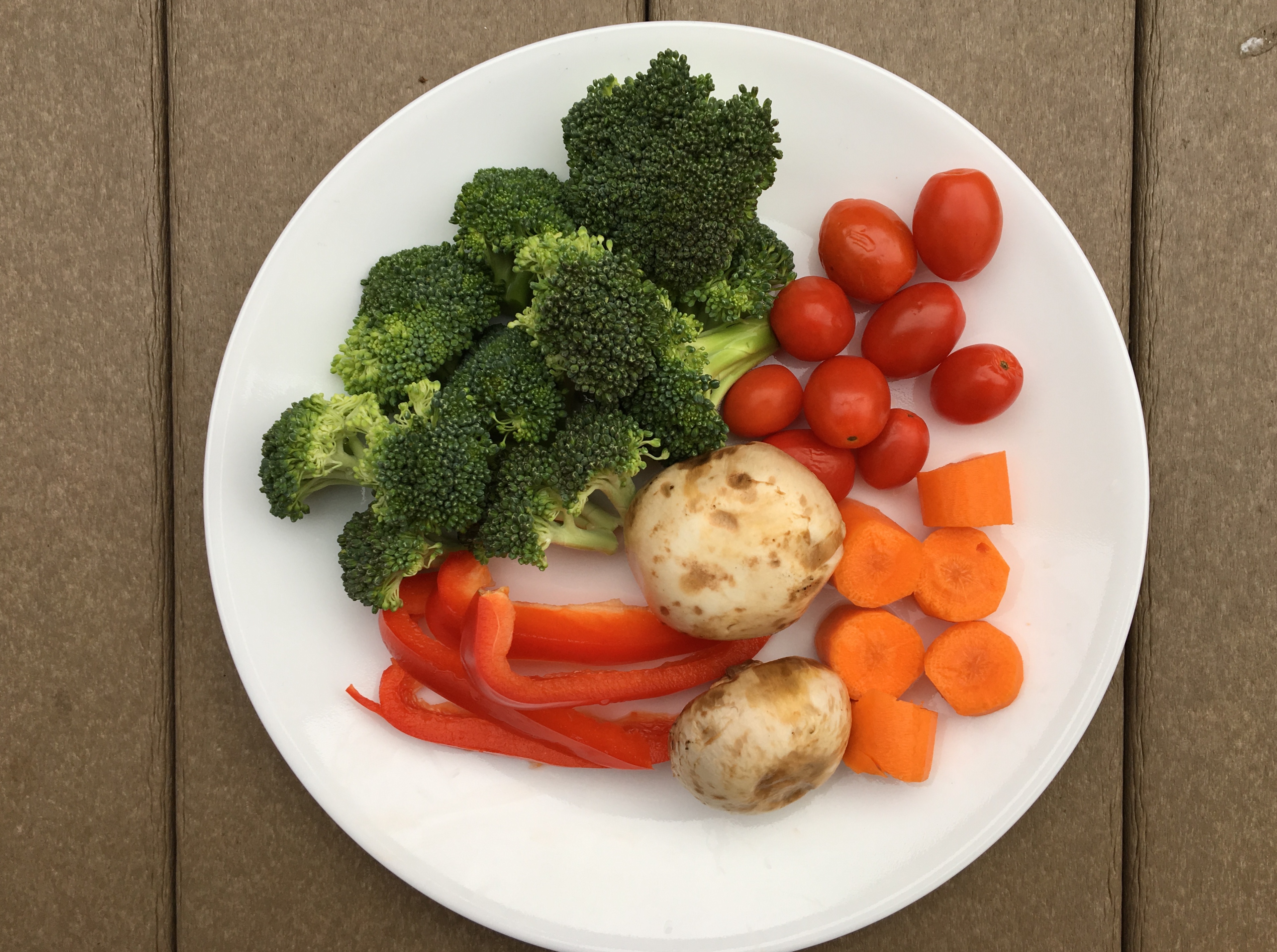
Think back to when you were a kid, and your mom forced you to finish the disgusting, stinky broccoli on your plate or else you could not have dessert. Or when she gave you an apple as an after school snack and said, “An apple a day keeps the doctor away!” Apparently, your mother does know best.
She was not scolding you with cruel and unusual punishment, but rather she was trying to get you to eat the recommended amount of fruits and veggies each day. No matter how much you moan and protest all things green and healthy, it is crucial to incorporate fruits and vegetables into your everyday diet. Let’s say you are gagging at the thought of eating fruits and vegetables, then consider ‘hiding’ vegetables in your meals. For example:
- Instead of having spaghetti with red sauce for dinner, make zucchini noodles with fresh tomatoes
- In place of greasy french fries, make roasted parsnip fries baked in the oven
- Eat a banana as a sweet snack instead of a candy bar
College dining halls can be challenging to find good, edible food that is moderately healthy, so if you have a salad bar option it is now your new BFF. Salad bars are a great way to make sure you eat a daily dose of vegetables because they are tasty and customizable to what you like. Moral of the story listen to the doctor and your mother, they would not lie to you—the USDA recommends adults eat from 5 to 13 servings of fruits and vegetables per day— they just want you to stay healthy and happy in college (“Fruits and Vegetables,” 2010)!
6. Limit caffeine and sugar intake
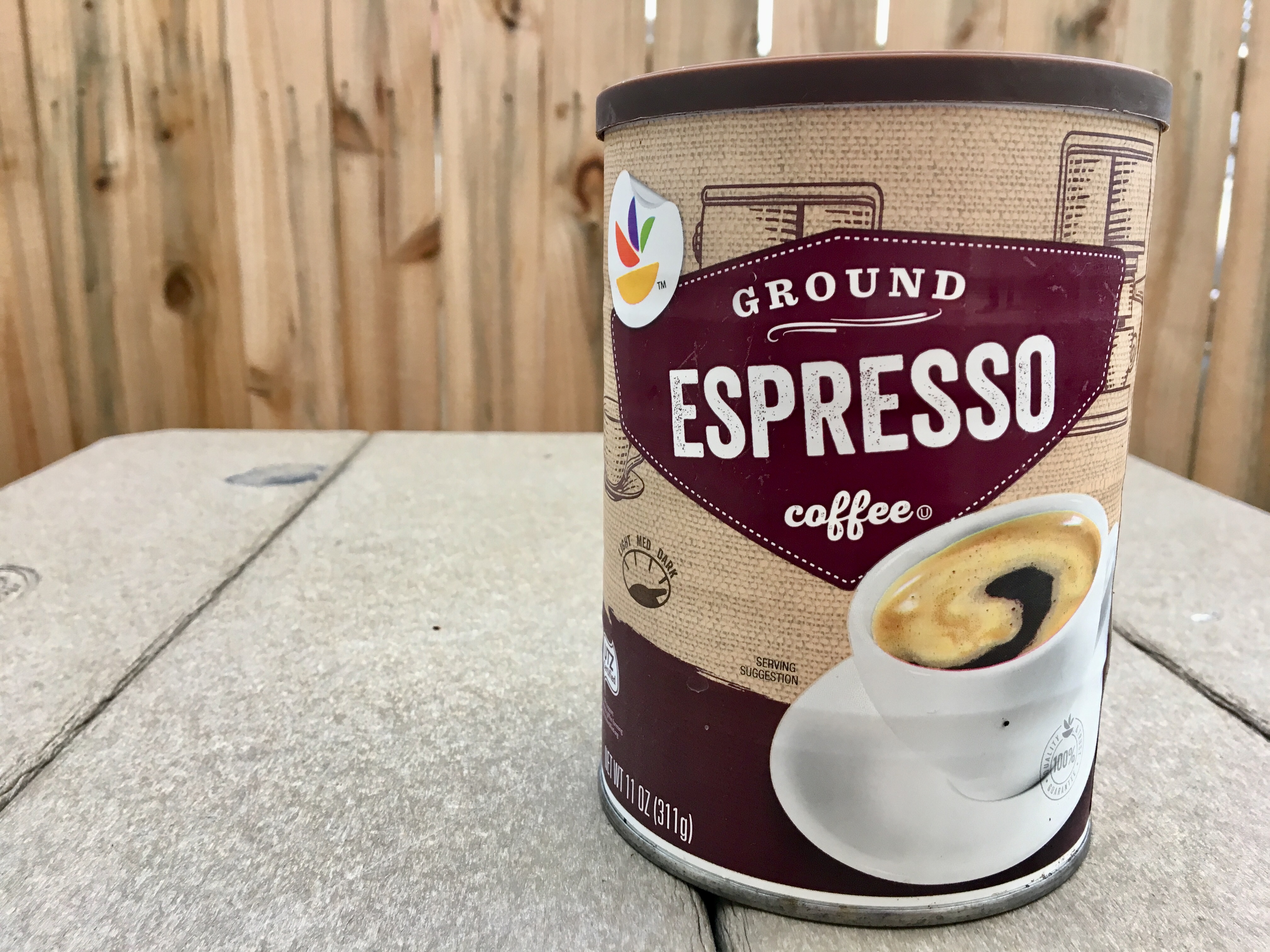
WHAT?! No more coffee!!! How will I ever survive college?!??! Presuming these thoughts are flashing through your head, breathe, I did not say NO caffeine- I said limit your caffeine. Many college students, myself included, rely on coffee like it’s the oxygen we breathe; we simply cannot live without it. suppose you drink 6 cups of coffee or a Red Bull a day for energy, consider cutting back to 1-2 cups of coffee a day and replace energy drinks with water.
Try limiting the amount of sugar you ingest in unnecessary soft drinks or the sugar packets in your coffee. By doing so, you will greatly increase your ability to stay healthy in college by reducing unnecessary calories. Sugar is a silent killer-despite its sweet, delectable taste, it can actually aid to weight gain. While sugar and caffeine make you feel energized and refreshed, this high is only temporary because shortly after a sugar/caffeine ‘high,’ your body will crash, leaving you feeling sluggish. So, remember the next time you wait in line at Starbucks for your fourth cup of coffee or caffeinated energy drink, think of a healthier alternative such as an unsweetened tea or water.
By following these 6 tips, you can avoid unhealthy, common diet trends that many college students adopt. College is overwhelming and stressful enough, having to worry about staying healthy is just one more piece of the puzzle. Therefore, by integrating these healthy tips into your everyday life you are sure to avoid the dreaded freshman 15.
